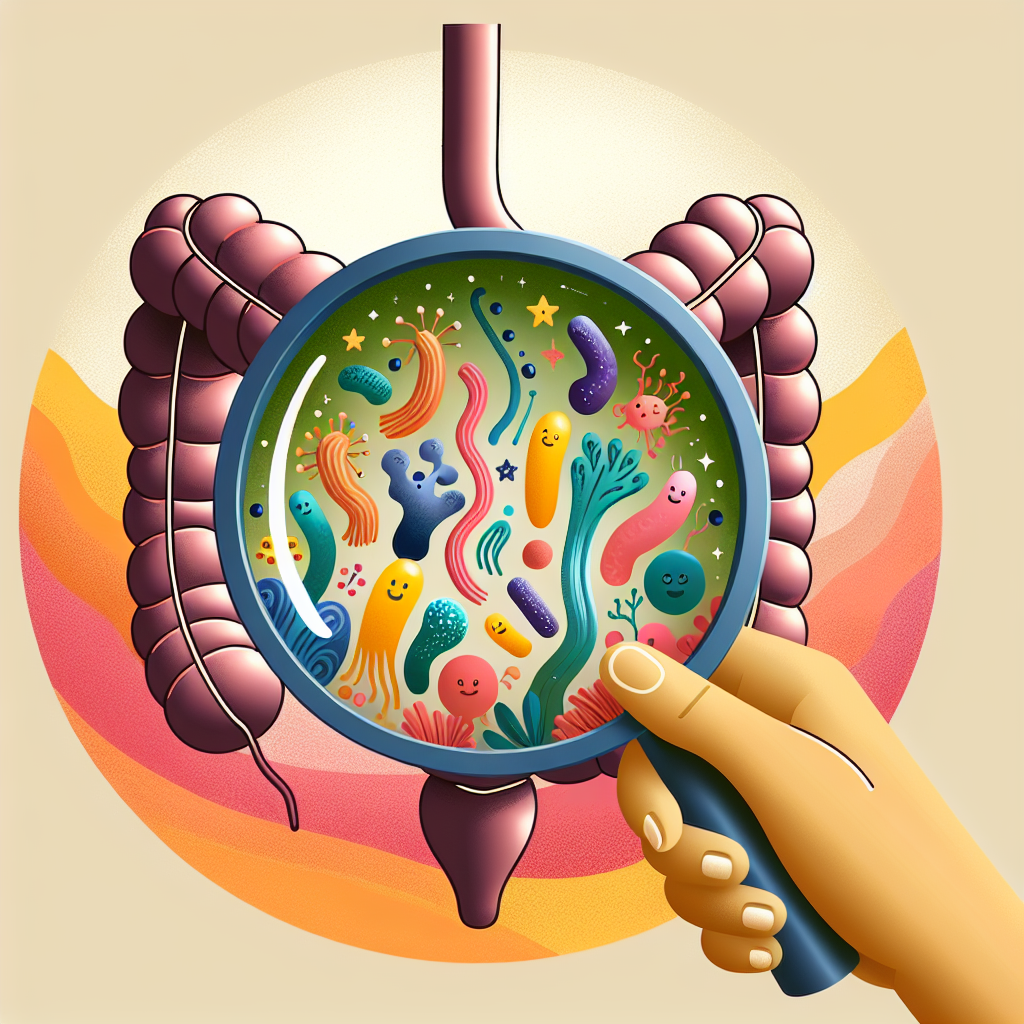### Demystifying Probiotics: The Powerful Microbes for a Healthy Gut
From yogurt claims on the grocery aisle promising to improve digestion, to advertisements interrupting your TV show with a magical carafe filled with gut-friendly bacteria, probiotics are seemingly everywhere. Yet, many of us are still unsure of what they truly are, what they do, and if they’re even necessary. Today, let’s demystify these health trend superheroes called probiotics!
**What are Probiotics?**
Probiotics are beneficial bacteria and yeasts that are good for your health, especially your digestive system. Most often, the term “probiotic” is used to describe these helpful microorganisms that are available in foods and dietary supplements.
**Why are Probiotics Important?**
Your body, particularly your gut, houses trillions of bacteria, yeasts, and other microbes — collectively known as the gut microbiota. While some are pathogenic (disease-causing), many play vital roles in your health. They influence your metabolism, immunity, and even your mood.
Probiotics support the gut’s beneficial flora. They assist with nutrient absorption, ward off harmful organisms, and support the immune system.
**Health Benefits of Probiotics**
Scientific evidence suggests that probiotics can:
* Aid digestion
* Boost immunity
* Create substances that inhibit harmful bacteria
* Assist in treating antibiotic-associated diarrhea
* Help manage irritable bowel syndrome (IBS) symptoms
* Improve mental health conditions
* Potentially aid in weight loss and belly fat reduction
**Where Can You Find Probiotics?**
Though probiotics are traditionally linked with yogurt, you can find them in an array of foods and supplements. Here are some probiotic-rich foods:
* Fermented dairy products: yogurt, kefir
* Pickled vegetables: sauerkraut, kimchi
* Probiotic beverages: kombucha, kvass
* Traditional sourdough bread
If these foods aren’t part of your routine, consider probiotic supplements. But, remember: consult your healthcare provider before starting any supplement.
**Choosing the Right Probiotic**
Different kinds of probiotics have different health benefits. For instance, Lactobacillus may be beneficial for diarrhea control and lactose intolerance, while Bifidobacterium could help with IBS symptoms.
Most probiotics are sold as dietary supplements, which do not require FDA approval. Therefore, do thorough research or seek professional advice when choosing a probiotic product.
**The Bottom Line**
Probiotics, whether from foods or supplements, can have various beneficial effects on your health. However, not everyone needs them. Those with digestive disorders or after a course of antibiotics may find them helpful.
Key Takeaway: Always seek medical advice before beginning any supplement regimen, and remember that a balanced diet and an active lifestyle will always be the crux of good health!
> *Disclaimer:* This content is fact-checked for accuracy and comprehensiveness but isn’t meant to replace professional medical advice. Always consult with a healthcare provider for personal health concerns.


